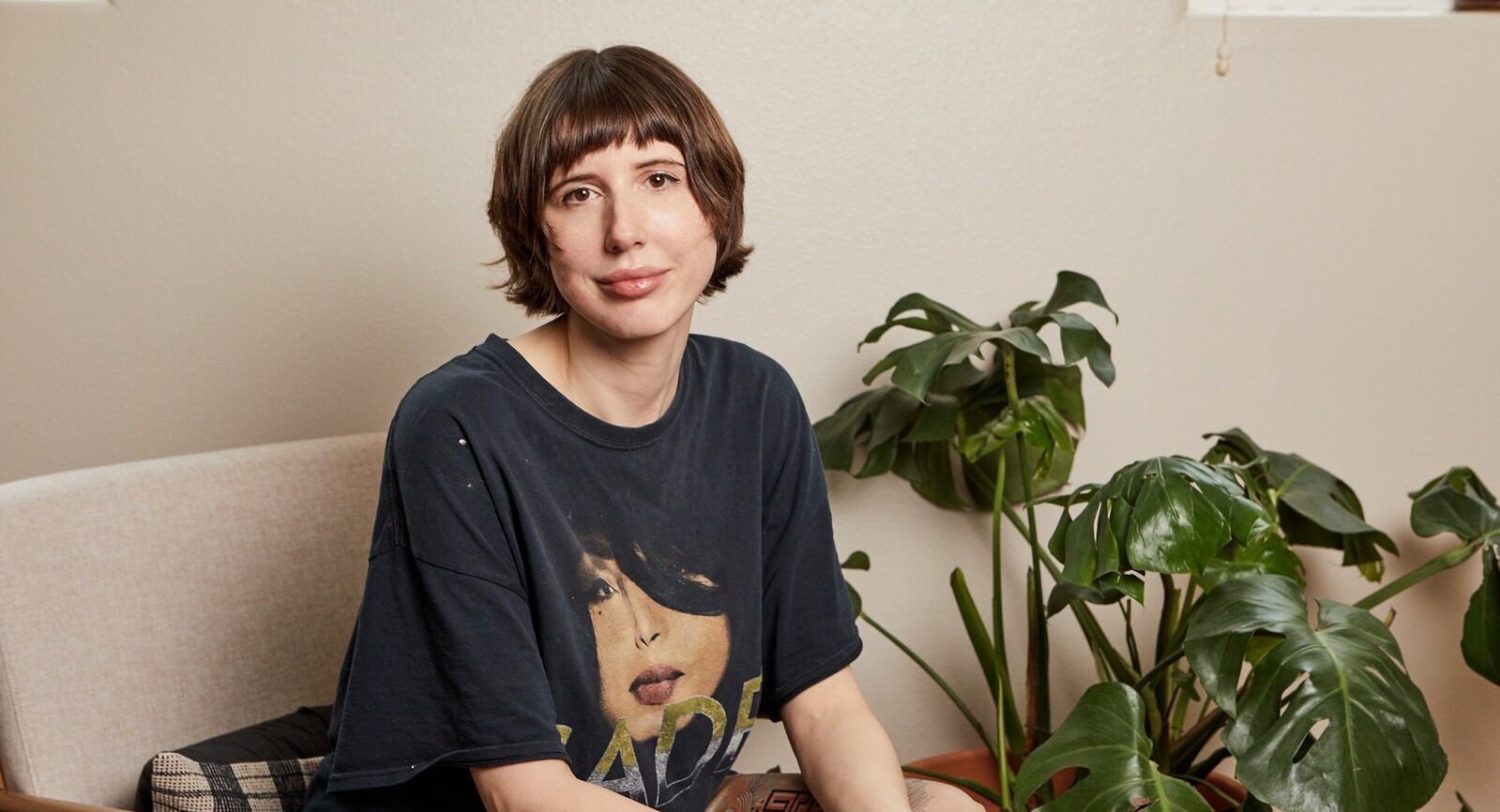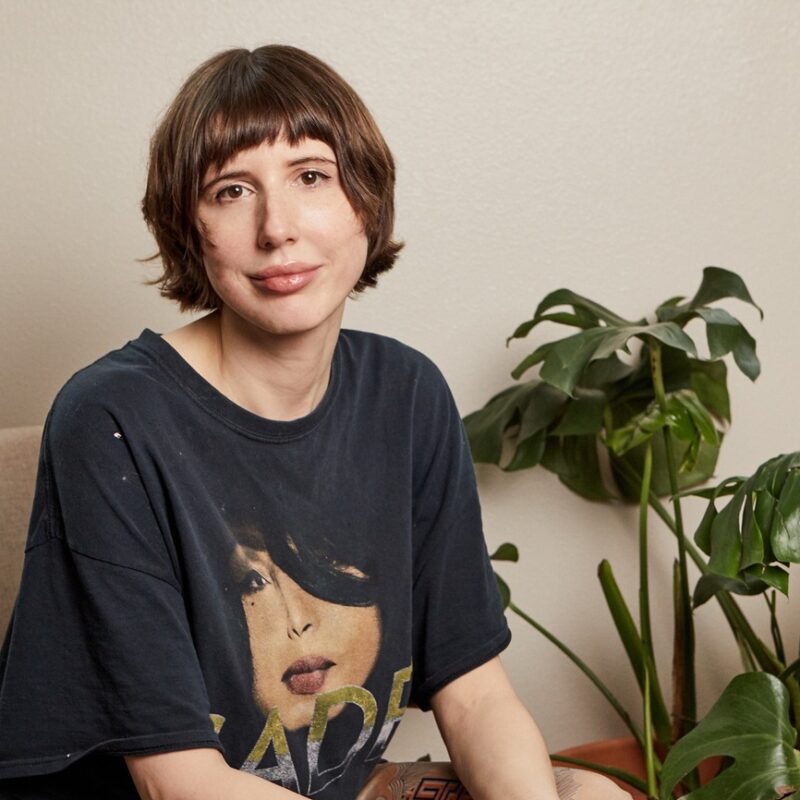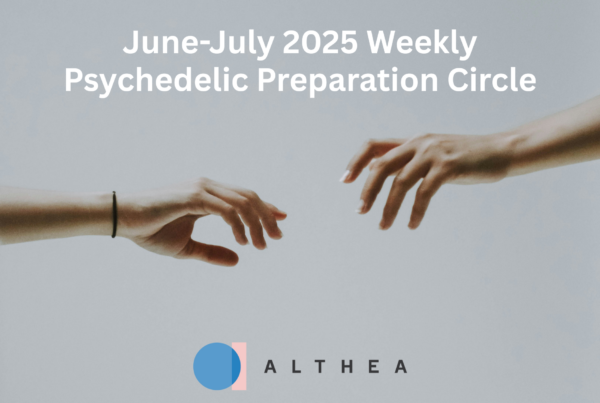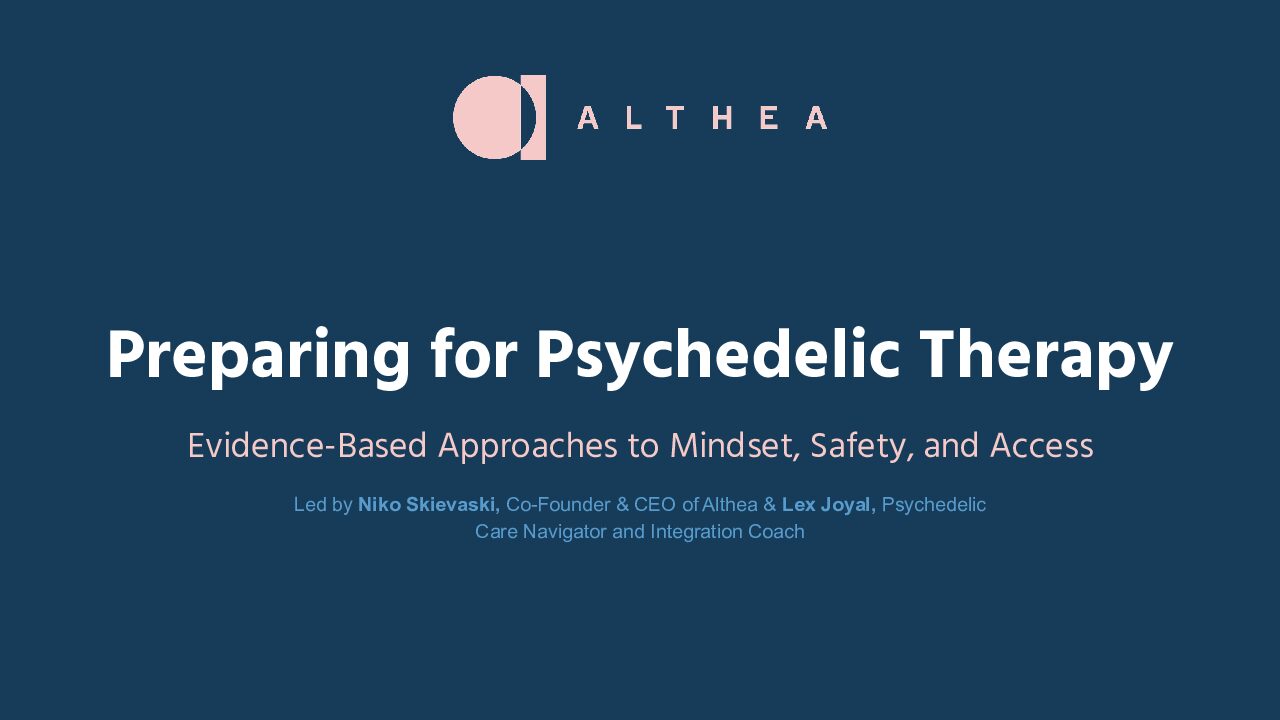
"Once I was introduced into psychedelics, I was like, oh my god, there's this transcendental realm that you can visit...It sort of turns the mundane into the exciting." - James
James Belle Guest is a licensed psilocybin facilitator in Portland, Oregon. She’s been licensed since the beginning of Oregon’s Psilocybin Services Program and has a long history of helping people somatically. She obtained her Oregon license from Innertrek in March 2023 and is now pursuing a Masters in Psychedelic Integrative Therapy from the AWE Institute.
She specializes in working with couples, non-traditional relationship styles, neurodivergent folk, men’s work, LGBTQIA2S+ folks, those wanting to ignite more pleasure in their lives or explore their shadows, sex-workers and those with depression, anxiety, addiction, PTSD, and survivors of sexual trauma.
If you're interested in working with James let us know here.

““It's always been a sanctuary for me, and I really love being able to provide that sort of sanctuary for other people.””
James Belle GuestOregon-licensed Psilocybin Facilitator
Video Transcript
Andrew Conley (Althea PBC)
Hi, everyone. I am with James Belle Guest, an Oregon license facilitator in Portland, Oregon. James, do you want to introduce yourself?
James (she/her)
Hi, I’m James, I’m originally from England, but I’ve been living in Portland for the last few years.
I came here for psilocbyin licensure that’s happening right now, and I’ve been working as a licensed psilocybin guide for about almost two years now. And I also work as a somatic intimacy, pleasure, and sex coach, which sometimes gets very much weaved into my practice.
I like to work with more taboo emotions; things like rage and shame, guilt and eroticism, and provide really safe places to do those things. That’s what I’m passionate about.
Andrew Conley (Althea PBC)
That’s awesome. What got you into this work? Were you doing simliar things prior?
James (she/her)
I think just a culmination of life experience and also having a background with psychedelic medicine.
I was introduced to the psilocybin at a very young age recreationally, and it definitely helped me along my path. It’s something that I’ve been working with in parallel, not as professionally as I do now, but I’ve always worked in service of others. The somatic work is something that came to me around a similar time in more of a professional way, but it’s something that is very true to my own nature, which is being very in tune with your body and noticing the ways in which our mind and body connect, and how a lot of our traumas and past experiences are stored in ways that are nonverbal. I really love assisting and guiding people through that process of physically releasing things, as well as mentally releasing things.
Andrew Conley (Althea PBC)
You mentioned, at an early age, you had some recreational psilocybin experiences. I’m guessing that partially due to this work you were drawn to to the medicine. What about those early experiences drew you in?
James (she/her)
Well, I think I from an early age kind of looked at the future and I saw sort of a way that life goes, and it didn’t excite me.
I saw many multiple paths of the way that my life could go: maybe I’ll be an artist, maybe I’ll be a translator, maybe I’ll be a poet.
And they sounded fun, but I once I was introduced into psychedelics, I was like, oh my god, there’s this transcendental realm that you can visit that’s just like very abstract, and it’s a place where you can feel many emotions at once. It sort of turns the mundane into the exciting.
And yeah, I don’t know, it’s always been a sanctuary for me, and I really love being able to provide that sort of sanctuary for other people.
Andrew Conley (Althea PBC)
That’s awesome. What’s one thing you think folks should know before doing a psilocybin journey?
James (she/her)
That’s a great question. The psychedelic tools that I will use if I’m your facilitator are very simple. They’re things like surrender, releasing, letting go, curiosity, breath. It’s like the basics, you know. And so almost just like doing less, like trying to do less, trying not to grab onto things, trying not to hold too many expectations in your mind.
It’s like a more of a dance, like a fluidity that you want to sort of get into rather than trying to go into it with goals and sort of like a rigidity.
So yeah, just really going back to basics, your breath will be there to guide you. Your senses will sort of amplify and come online in a way that maybe they haven’t for a long time. And so just like really guiding by those primal parts of ourselves is my advice.
Andrew Conley (Althea PBC)
My hunch is that some folks who would be curious in doing this, who maybe haven’t yet, might feel more uncomfortable or more rigid about this type of experience or even even worried about safety a little bit. Do you have any advice around things people can be doing or ways to try to get rid of some of that rigidity so that you have a more positive experience?
James (she/her)
I think really being aware of what safety means to you because it means something different to many people. And so if you’re able to, with your facilitator, with your person who’s guiding you, if you’re able to let them know your boundaries and what feels good and what doesn’t feel good and what things in your environment make you feel safe, what ways you can hold your body that make you feel calm.
And so with my clients I spend a lot of time in the days and weeks leading up sort of talking about, you know, like what are those moments of pleasure and calm in your day, and and what it what is the environment what is what what makes it those that way. I think just know knowing yourself a little bit better can help you find peace before.
Andrew Conley (Althea PBC)
Yeah, what about what about during a journey or or as a journey begins. You’ve just taken mushrooms and you’re kind of coming up and starting to feel those Any tips for folks or practices that you use that that help people as that feeling starts to set in and reality starts to dissolve little bit and things get a little groovier?
James (she/her)
Yeah, there’s always that sort of awkward 30 minutes to an hour where you’re entering a new paradigm. It’s the time when I offer usually like the most support because it’s it’s more and sort of all those protectors come up when we’re like, oh, we don’t want to surrender. Oh, I wish I hadn’t done this.
Oh, I feel sick, you know, some mushrooms can be a little harsh on some people’s stomachs. And there’s a couple of things that I do during that time. One is I offer sound healing with crystal balls, which offer vibrational sound, which can really help relax and maybe also give me something to focus on.
It’s also a really good time to start breath work and just being conscious of your body and finding, you know, those positions and states that make you feel calm and safe. And also being in contact with the discomfort, asking it questions. Why is my stomach hurting right now? Maybe there’s some memories that show up. Why am I so freezing cold? Is the temperature a part of my emotionality? Is it telling me that I’m feeling really sad? Maybe I don’t know what this emotion is.
But yeah, it’s a time where I offer a little bit more support because once you sort of can go and surrender after that period of time, it all becomes easier and so there’s a lot of reassurance as well that things will be better on the other side.
And I think we live in a society where the word surrender can have kind of a negative connotation. So it’s a really difficult stage for a lot of people. And so it’s a time where I offer them this work.
Andrew Conley (Althea PBC)
Yeah, that’s great. Let me ask you one more question. Do you have any tips for folks trying to integrate a journey. They’ve gone through the journey, the administration’s over, and it’s the days and weeks after. Any tips for people working on that side of things?
James (she/her)
Yeah, I mean journaling is one of the best practices to keep it going, so again bringing it back to your senses. So, you know, remembering things that you were staring at maybe if your eyes were open, and you know, if I’ve seen that someone is staring at something, I’ll take a photo and send it to them so that they can look at it and remember.
I often also burn a particular kind of candle, and so they can take that home and light that candle; build an altar. Making art as well can be really fantastic if there’s some parts that were like extremely abstract. Making a collage, or doing a painting, or making a sculpture.
Looking at that, holding that, maybe there’s some words as well. I often write down words if people are repeating them. Maybe make a poem out of them. I had one recently make like a sort of word and put that on the wall so that there’s all these like mantras. Find ways to continue the thread – really hold on to the things that you learned and the things that really worked well and expand on on these things.
I learned this lesson. What’s the next step in this lesson? Because you know the learning never ends. Try to really interact with your journey as much as possible and also give yourself space to just process it. There’s often a pretty big high afterwards not always but being able to sort of bask in that as well and and figure out why it feels so good and ways in which you can make small adjustments to continue that.
Andrew Conley (Althea PBC)
Cool! like the journaling aspect of it, and I’ve done that with music, where I’ll play some of the same songs and find that thread.
I haven’t done the candle or the photo of kind of things, but that makes complete sense to me that would help you kind of re-enter that space a little bit and remember what you were thinking about and give you some more time to play in that mindset.
James (she/her)
I had a client once who spent a lot of their journey on their back with their arms kind of like a little bug. I was like, if you ever want to remember your journey, just get into that position again, and maybe it’ll start to rekindle.
Andrew Conley (Althea PBC)
Oh, yeah, that’s amazing. Cool. Well, James, thanks for taking the time and sharing a little bit about yourself with some of our folks. It’s been a pleasure.
James (she/her)
Thank you so much.





